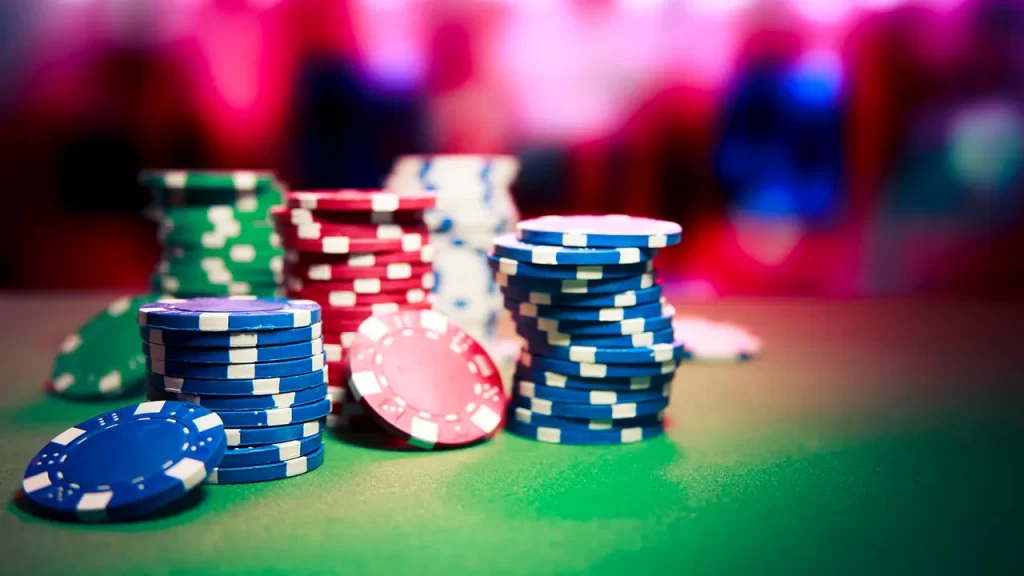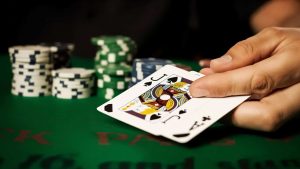
Poker is a game that has captivated millions around the world with its blend of strategy, psychology, and chance. At its core, poker presents an intriguing dichotomy between luck and skill, challenging players to navigate the unpredictable waters of chance while leveraging their strategic prowess to tilt the odds in their favor. Understanding the delicate balance between luck and skill is crucial for aspiring players looking to excel in this timeless game.
Luck: The Wild Card
Luck is an ever-present force in poker, capable of turning the tide of a game in an instant. From the initial deal of the cards to the river card that completes a hand, luck plays a significant role in determining the outcome of each hand and, consequently, the overall trajectory of a game or tournament.
One of the most apparent manifestations of luck in poker is the distribution of cards. No matter how skilled a player may be, they are ultimately at the mercy of the cards they are dealt. A series of favorable or unfavorable hands can greatly influence a player’s success or failure in a given session.
Moreover, luck extends beyond the realm of card distribution to include factors such as the actions of opponents, the timing of critical decisions, and even external elements like the dealer’s shuffle or the ambiance of the playing environment. In essence, luck permeates every aspect of the game, adding an element of uncertainty and excitement that is integral to poker’s appeal.
Skill: The Ace Up Your Sleeve
While luck may hold sway in the short term, skill is the defining factor that separates the amateurs from the professionals in the long run. Unlike luck, which is ephemeral and uncontrollable, skill in poker is a product of knowledge, experience, and strategy honed over time.
Skillful players possess a deep understanding of the game’s mechanics, including probability theory, hand analysis, betting strategies, and psychological tactics. They leverage this knowledge to make calculated decisions that maximize their chances of success while minimizing their exposure to risk.
Crucially, skill enables players to transcend the limitations imposed by luck by capitalizing on opportunities, exploiting opponents’ weaknesses, and adapting to changing circumstances. Whether it’s bluffing with confidence, reading opponents like a book, or executing a well-timed bluff, skilled players consistently find ways to tilt the odds in their favor, regardless of the cards they are dealt.
Finding the Right Balance
The eternal debate between luck and skill in poker raises a fundamental question: How much of poker is luck, and how much is skill? The answer, perhaps unsurprisingly, lies somewhere in the middle.
While luck undoubtedly exerts a significant influence on individual hands and outcomes, it is skill that ultimately determines long-term success in poker. A player may experience a streak of bad luck in the short term, but over a sufficiently large sample size, skillful play will prevail, yielding positive results in the form of profits, accolades, or simply the satisfaction of mastery.
Finding the right balance between luck and skill is not about eliminating luck altogether – that would be impossible – but rather about mitigating its impact through skillful play. By focusing on aspects of the game within their control, such as decision-making, game selection, and bankroll management, players can tip the scales in their favor and achieve consistent success over time.
In conclusion, poker is a game where luck and skill coexist in a delicate equilibrium. While luck may dictate the outcome of individual hands, it is skill that ultimately determines long-term success. By mastering the fundamentals of the game, developing strategic acumen, and maintaining a disciplined approach, players can navigate the unpredictable waters of chance and emerge victorious in the end. As the adage goes, “The harder I work, the luckier I get.”



